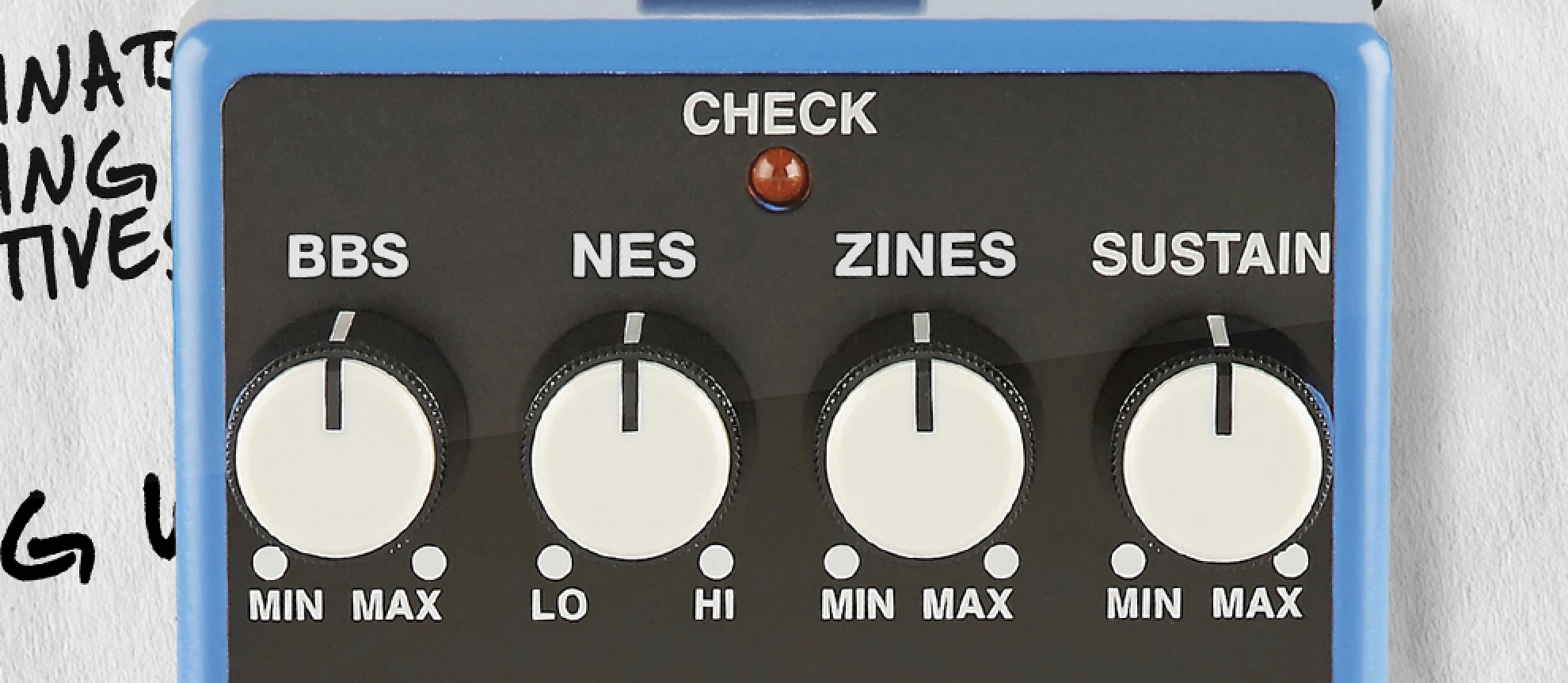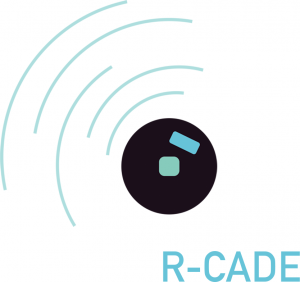2024 R-CADE: SUSTAINABILITY

Friday, April 19, 2024
The symposium is free and open to the public.
Location: Digital Commons in Johnson Park
https://goo.gl/maps/Fo4P13Q9nGK2
https://goo.gl/maps/Fo4P13Q9nGK2
8:30-9:15am
Sustainability and Bulletin Board Systems
Jim Brown, Isabella DeGaetano, Ronald Barr, Vrajesh Kunder, Rutgers University - Camden
During the past year, researchers at DiSC have been exploring more sustainable approaches to social media and networked communities. That research has involved analyses of federated social media systems such as Mastodon, but it has also addressed the history of Bulletin Board Systems (BBS). In addition to examining the history of BBSs, we have made attempts to build our own BBS using a Commodore 64 and an Apple II. This presentation will share some of that research with a special focus on the sustainability of these models as compared to the corporate platforms on which most of us rely today.
9:15-10:00am
AI Literacy Toolkit Zines
Jajwalya Karajgikar, University of Pennsylvania
The news cycle on the tech development of LLMs is fast-moving, making the cultivation of information literacy about such technologies extremely difficult. Developing and maintaining up-to-date guides or peer-reviewed resources and making them available to the public is difficult or impossible. The production of zines presents a sustainable solution to this problem, offering resources that can be quickly produced and distributed.
10:00-10:45am
Desperate Media: Practices for the Future of un/Sustainability
Hannah Hopkins, University of Texas at Austin
Claire Fitch, University of Texas at Austin
Trent Wintermeier, University of Texas at Austin
Claire Fitch, University of Texas at Austin
Trent Wintermeier, University of Texas at Austin
Sustainability typically refers to processes and systems designed to persist through variable conditions and resources. Another inflection point of sustaining, however, is one’s ability to sustain an injury or suffer a hardship. What might a media response be to that persistence, that capacity to sustain injurious conditions? What are the limits of sustainability and the stories we tell about it? We pursue these questions by posing the concept and practice of desperate media. Desperate media are not sustainable continuations of extant media, but rather new births to emerging conditions and disasters.
10:45-11:30am
Building a Model of Sustainable Digital Ecologies for Archiving and Showcasing Grassroots Memory and Symbolic Reparation Initiatives
Ricardo Velasco Trujillo, Clemson University
What digital infrastructures, ecologies of practices, and collaborative entanglements can facilitate the work of grassroots cultural initiatives focused on human rights activism and reparation strategies? How can these systems be developed in sustainable ways that are adaptable to the needs of their communities? This presentation addresses these questions and others by describin a project in Colombia that implements sustainable digital practices and infrastructures that not only serve the immediate documentation and archiving needs of the organizations and their initiatives, but implements a low-cost digital ecosystem for the sharing of knowledge and data among participants organizations, researchers, cultural activists and content creators, and communities.
11:30am-12:15pm
Now You're Playing With Solar Power
Alex Custodio, Concordia University
Michael Iantorno, Concordia University
Michael Iantorno, Concordia University
This presentation describes the Residual Media Depot’s ongoing efforts to transform the Nintendo Game Boy into a convivial device with a particular focus on the development and documentation of solar-powered Game Boys. For years, modders have drawn on the rhetoric of sustainability to critique videogame manufacturers’ reliance on planned obsolescence and to justify the circumvention of technical protection matters. However, hands-on engagement with modding practices in the context of photovoltaic technologies reveals that modding is seldom as utopian as it sounds. How can we productively explore the hopefulness of solarpunk when our tools and techniques rely on exploitative and consumptive production ecosystems? How can solarpunk imaginaries help us envision more environmentally friendly and open-access hardware futures in ways that can be sustained?
LUNCH
1:15-2:00pm
Listening to the Flood Risks
Cecile Yangminming Zhang, Georgia Institute of Technology
The presentation will explore technologies and concepts for translating complex U.S. high tide flooding and coastal sea level data into a sonic experience. By converting data into sound, this project allows participants to not only visually interpret but also audibly experience the dynamic landscape of flood risks. This project bridges the gap between scientific data and artistic expression by transforming data into a multi-sensory experience and asking a range of questions: How does the multi-sensory representation of high tide flooding data contribute to public understanding and awareness of environmental challenges? In what ways can artistic expression through data translation influence behavioral changes towards sustainable practices? How does the use of sound as a medium impact the emotional resonance of the environmental message conveyed?
2:00-2:45
The NES Mini, (B)arcades, and the Rhetoric of Nostalgia: A Retrospective on Retrogaming
Ryan Clement, University of Winnipeg
This presentation will consider what gaming cultures might be lost or gained in a post-console world. We are in a moment when the gaming console's role might be diminishing, a moment that can be compared to the end of the mainstream North American arcade in the 1980s. The focus of this presentation is on the NES and SNES classic machines, which emulate the earlier NES and SNES systems. It uses these systems as case studies in preservation and innovation, but this research also considers the advent of newer mediations on the arcade format—such as the barcade or the VR arcade—as potential lessons for how the culture of console gaming might be preserved and explored in new directions.
COFFEE BREAK
3:30-4:30
(Un)Sustainable Digital Sounds Workshop
Aparajita Bhandari, University of Waterloo
Sara Bimo, York University
Marcel O’Gorman, University of Waterloo
Chris Rogers, University of Waterloo
Sara Bimo, York University
Marcel O’Gorman, University of Waterloo
Chris Rogers, University of Waterloo
This workshop aims to explore possibilities for sustainability (digitally, ecologically, and otherwise) in the context of “ephemeral sounds from the digital archive.” Through acts of recovery and assemblage, participants will have an opportunity to reflect on the sensory components of digital waste, the borders between noise/message and sound/music, and the place of ostensibly lost or forgotten media in the structure of our current digital landscape. Participants will circulate through experimental “sound stations” to encounter, collect, and assemble fugitive recordings while interrogating their materiality and meaning-making capacities.
